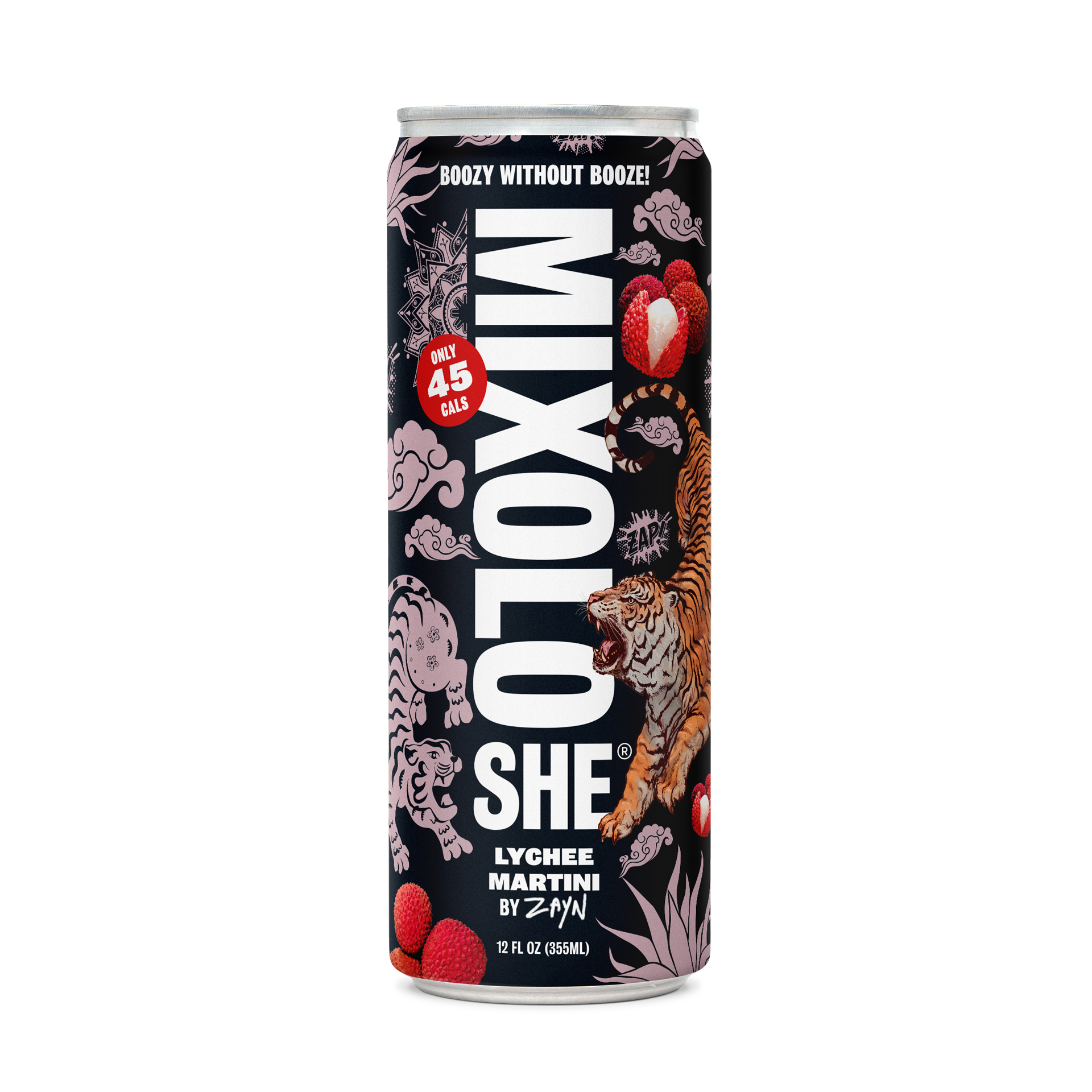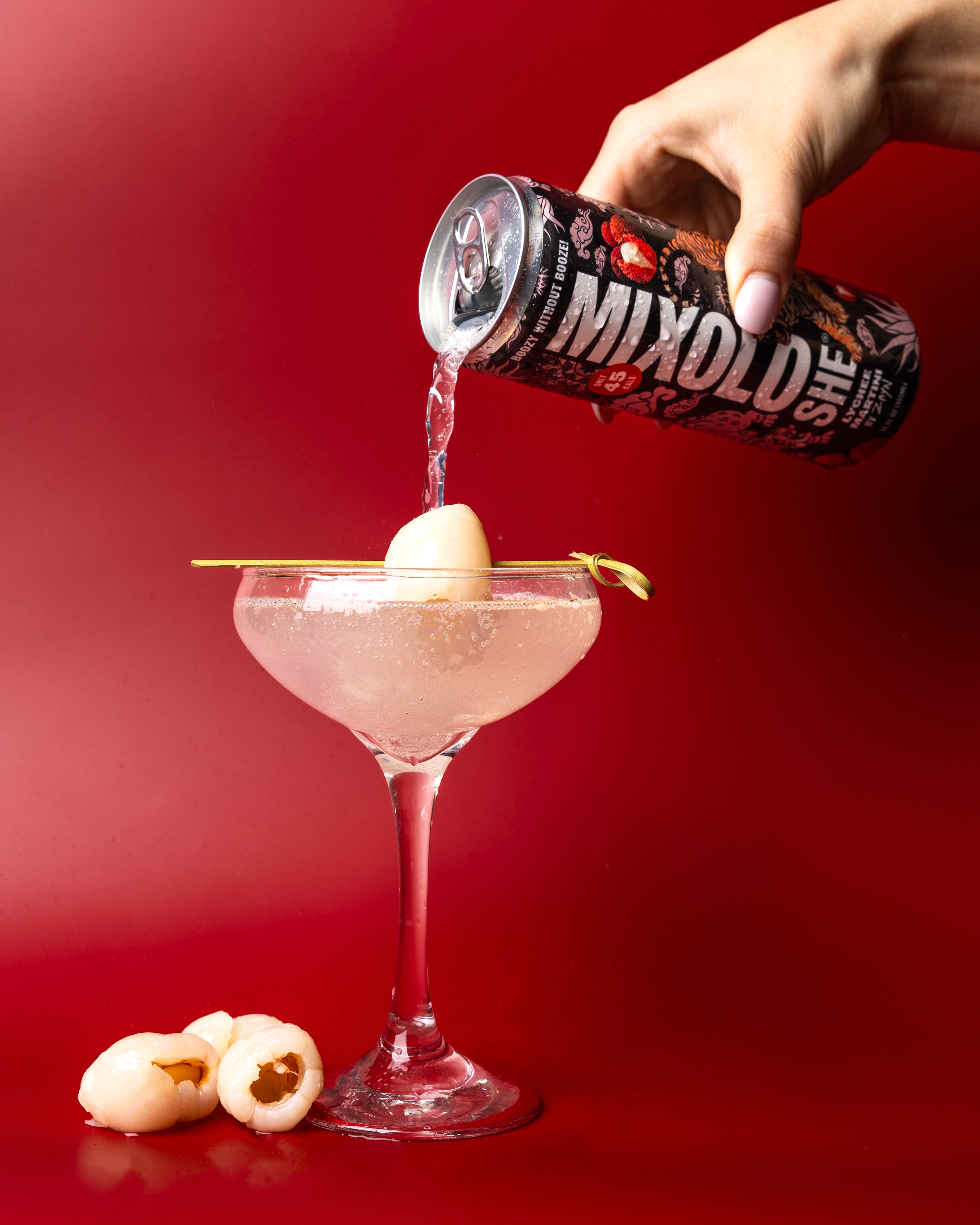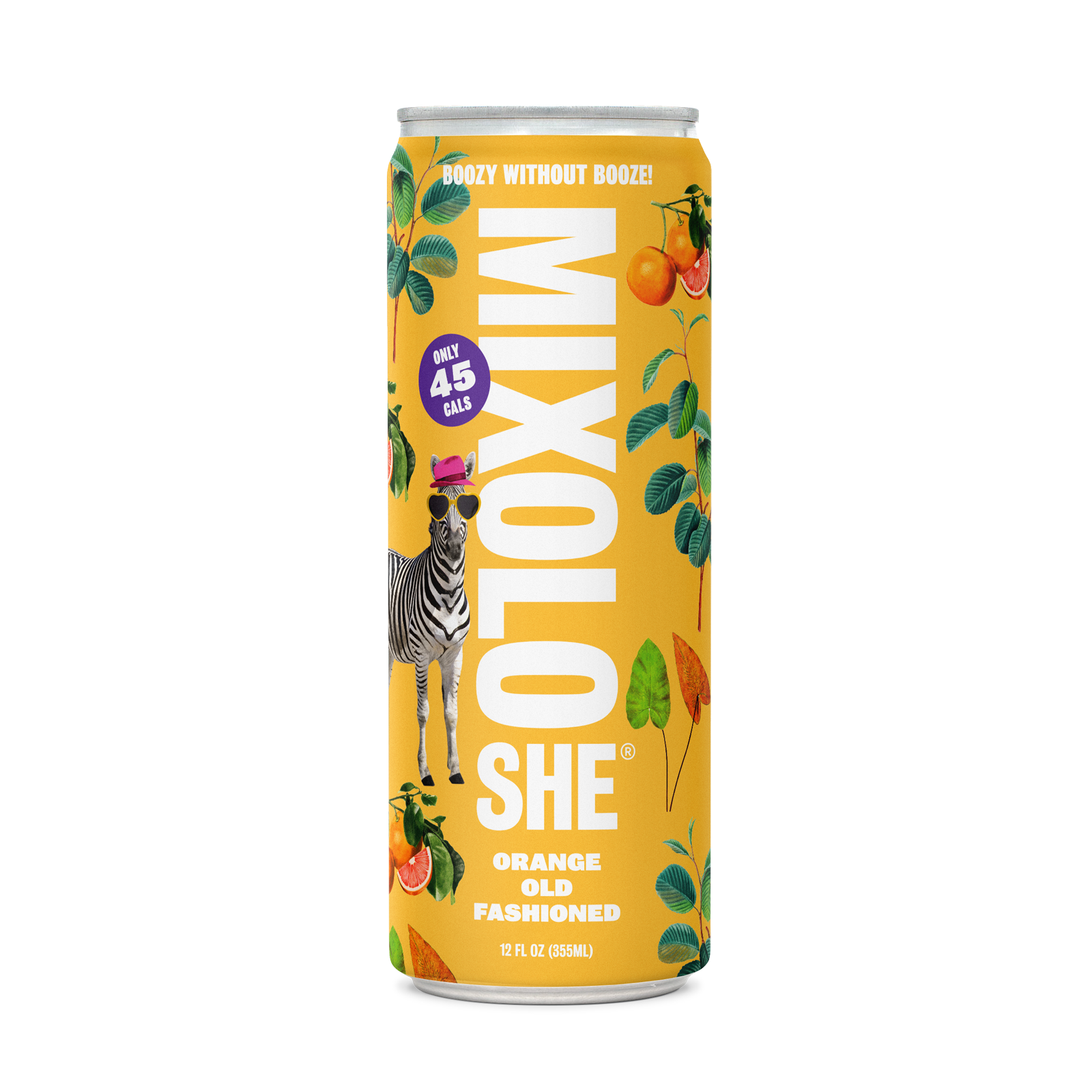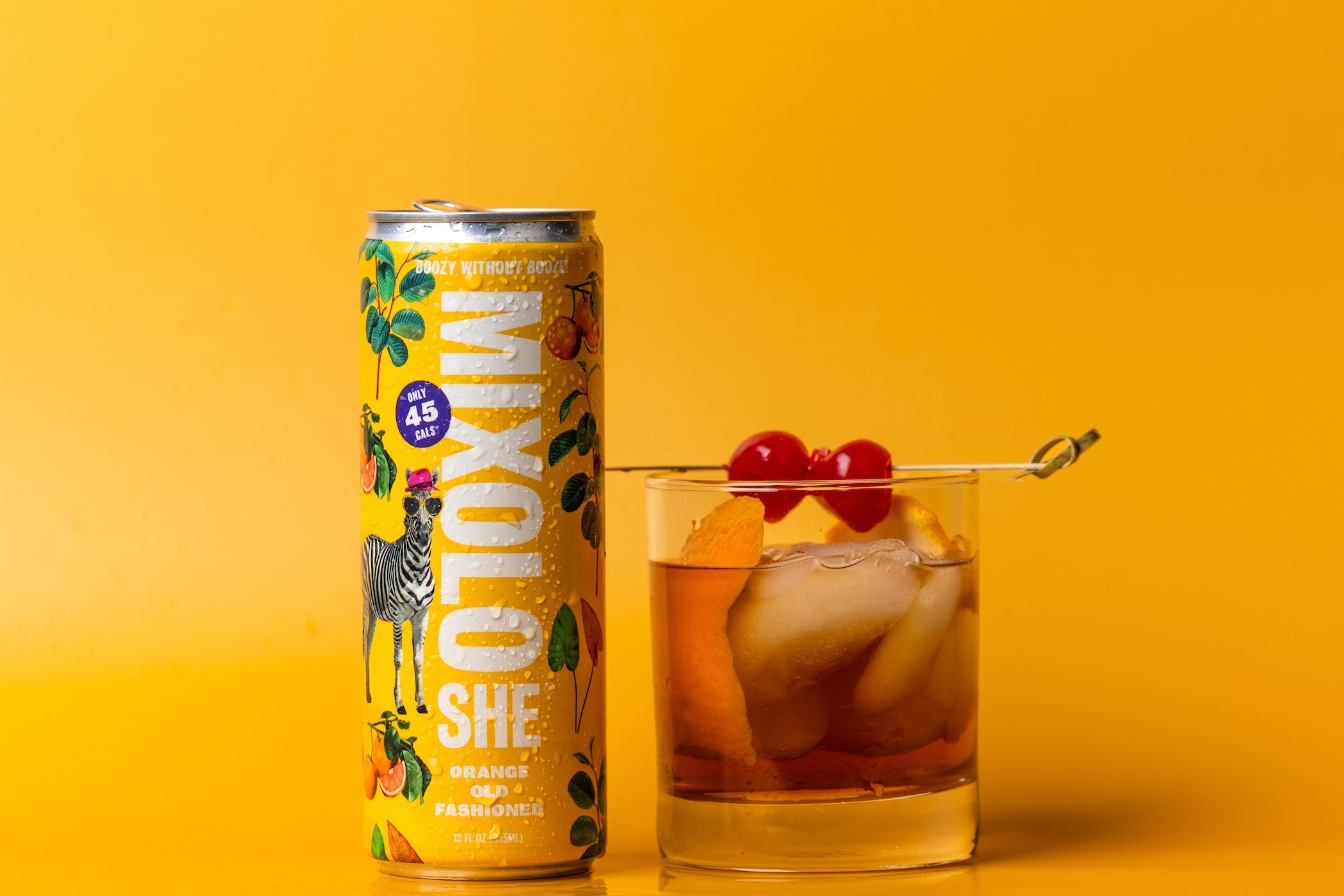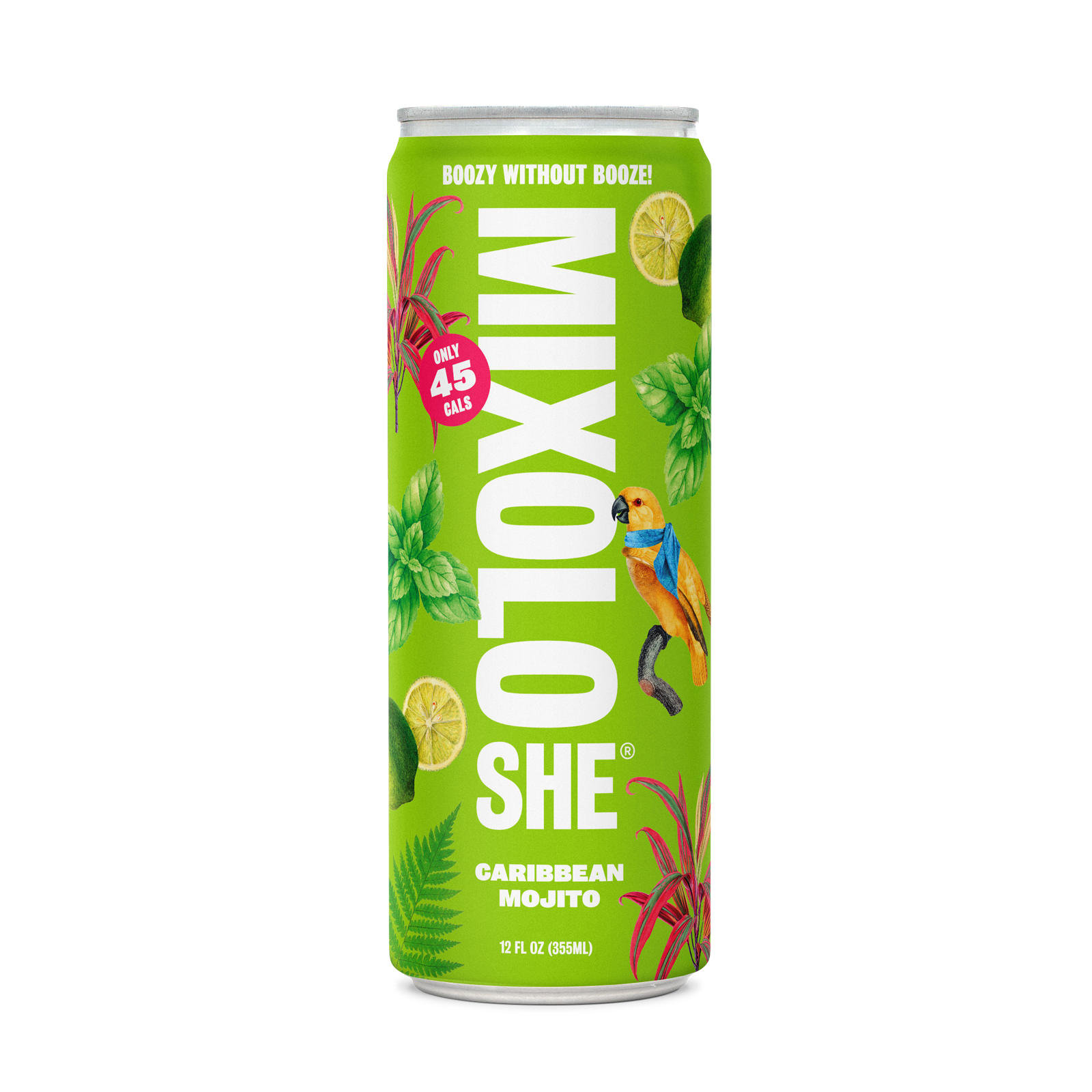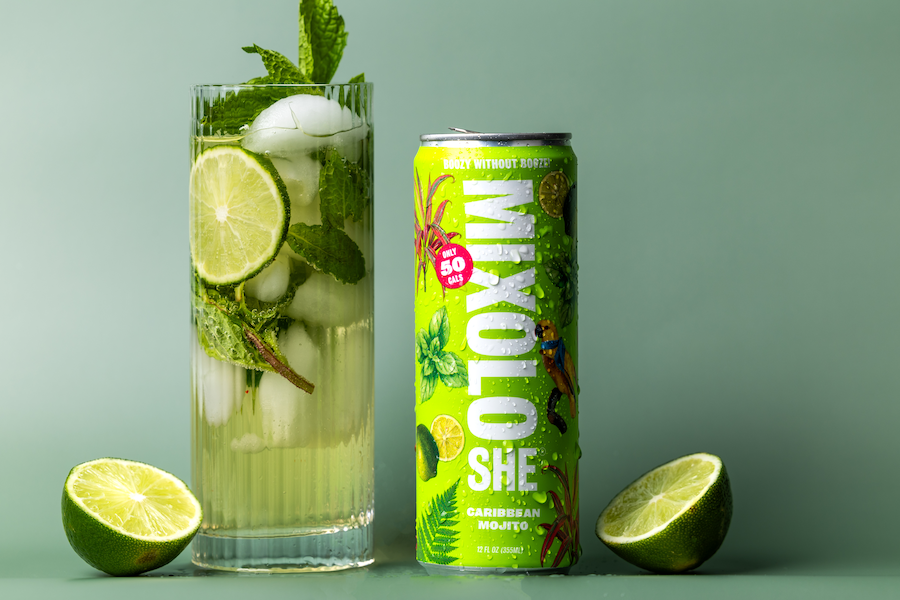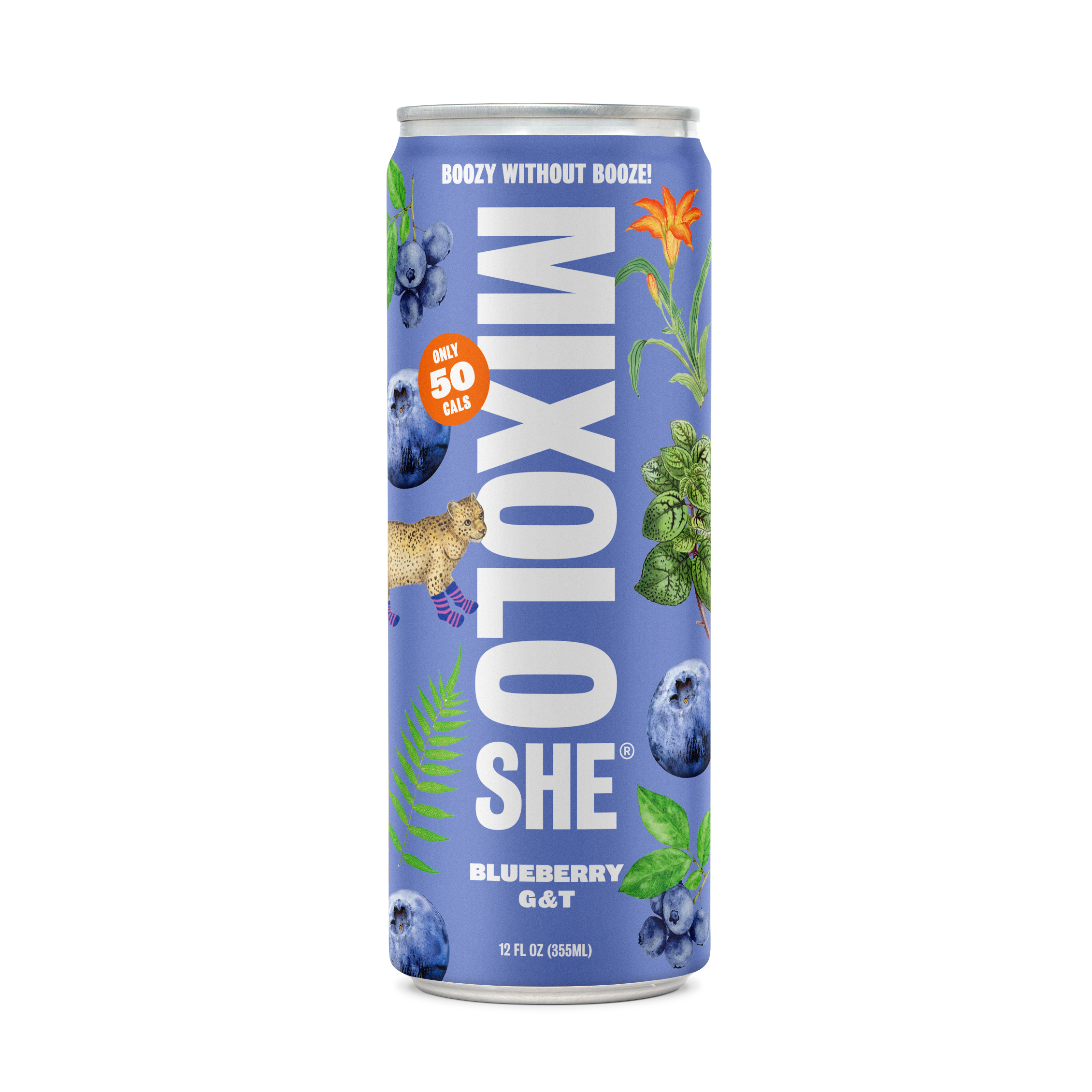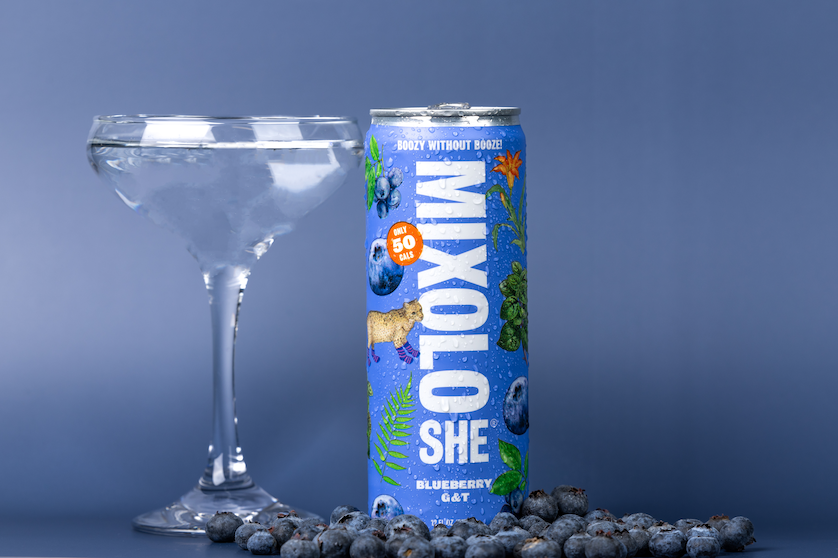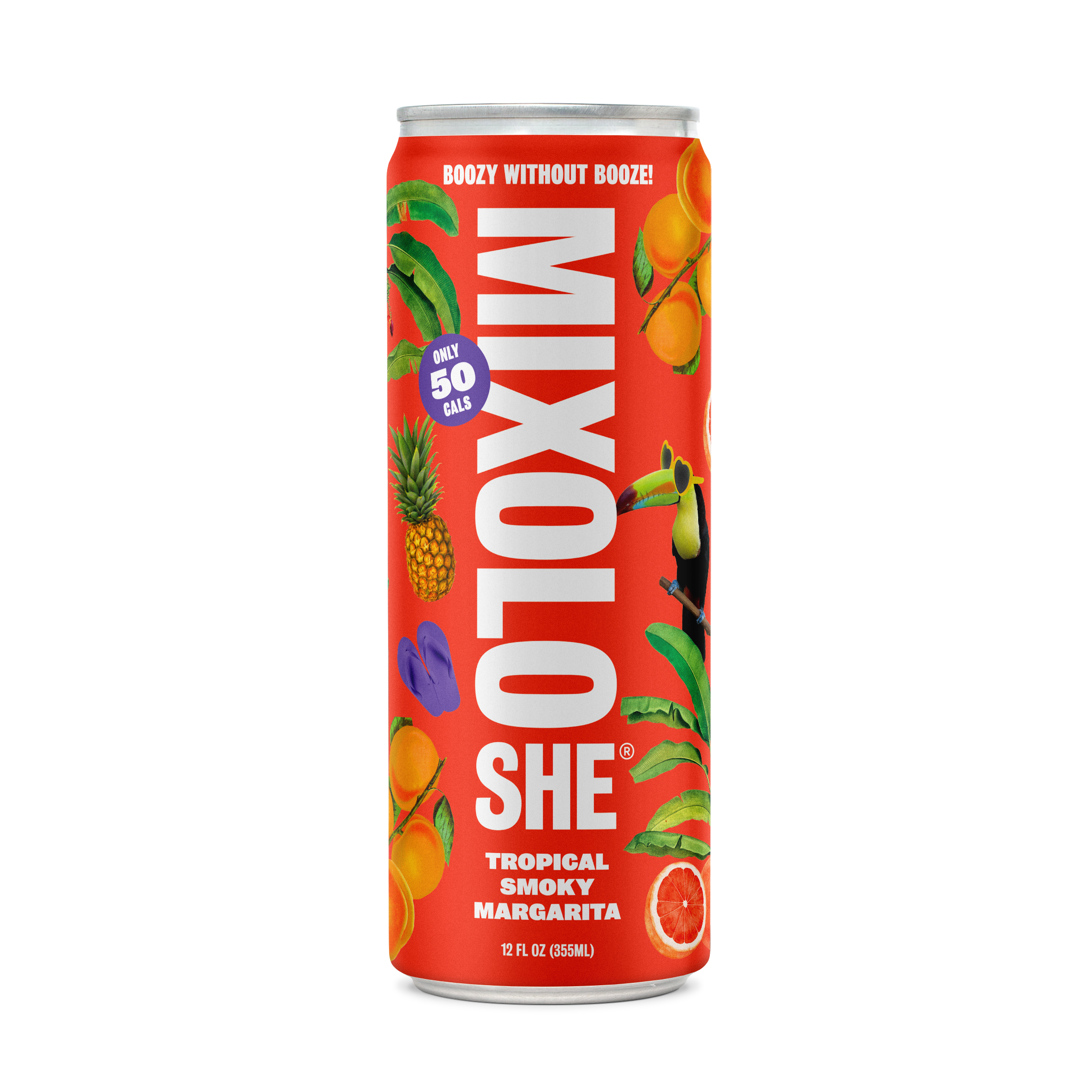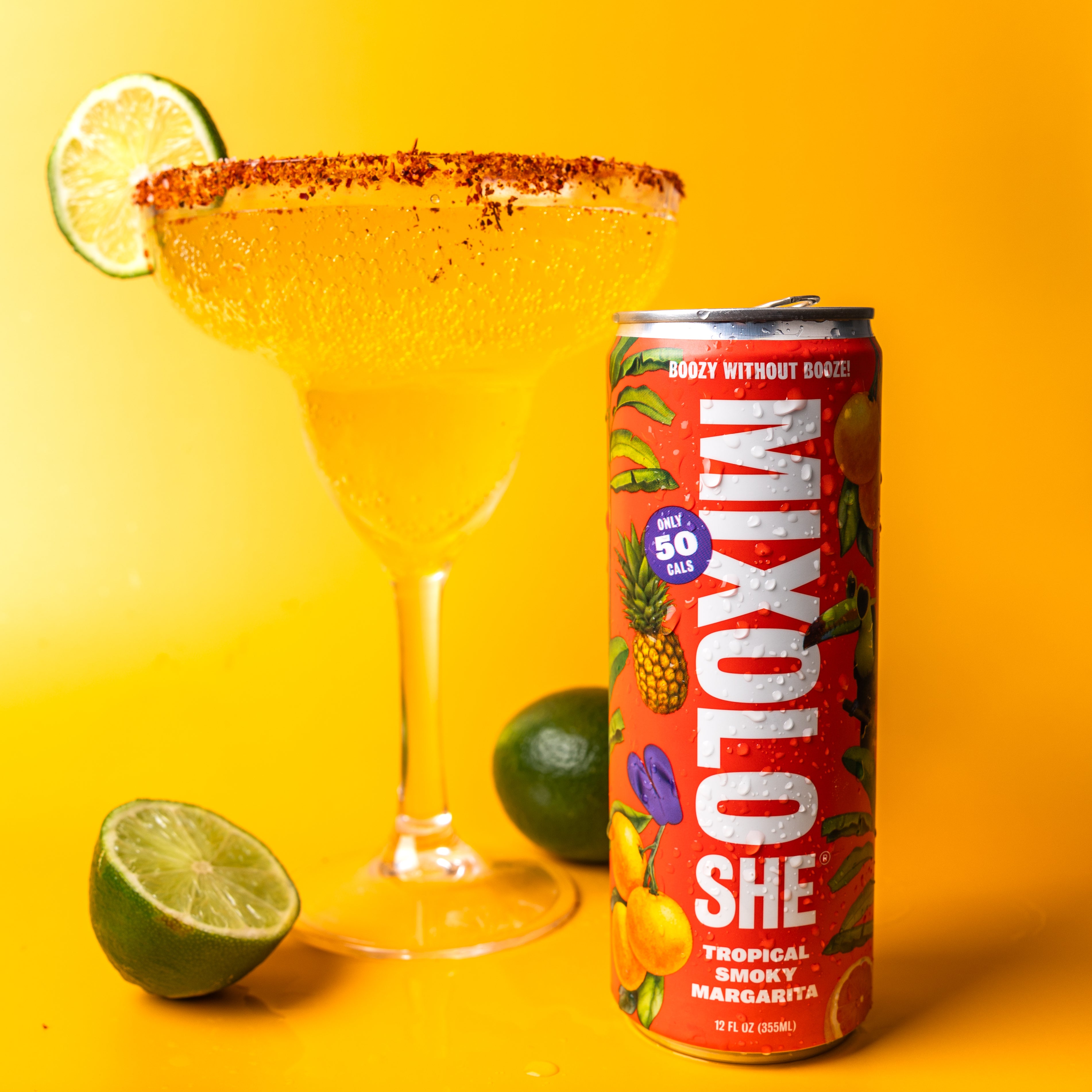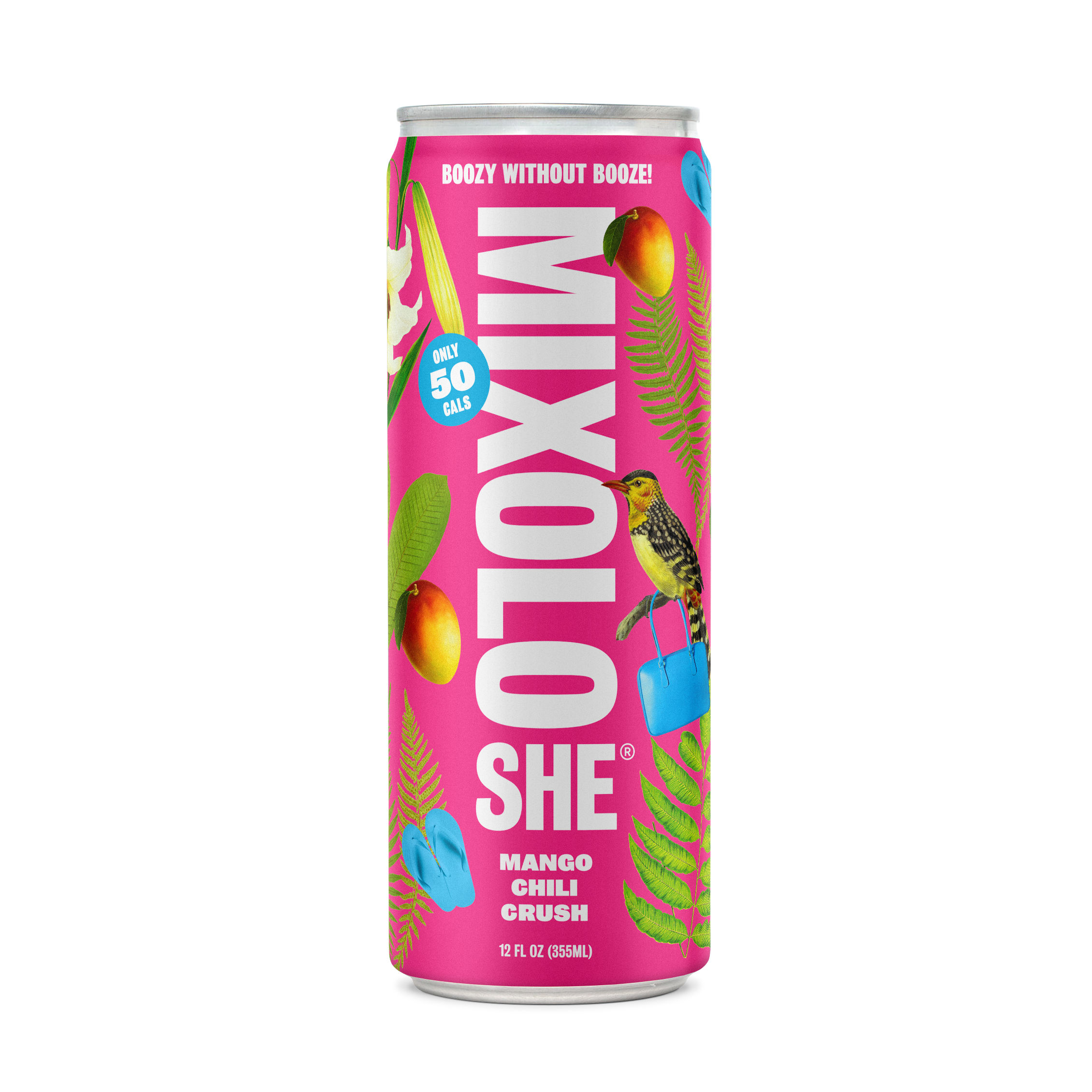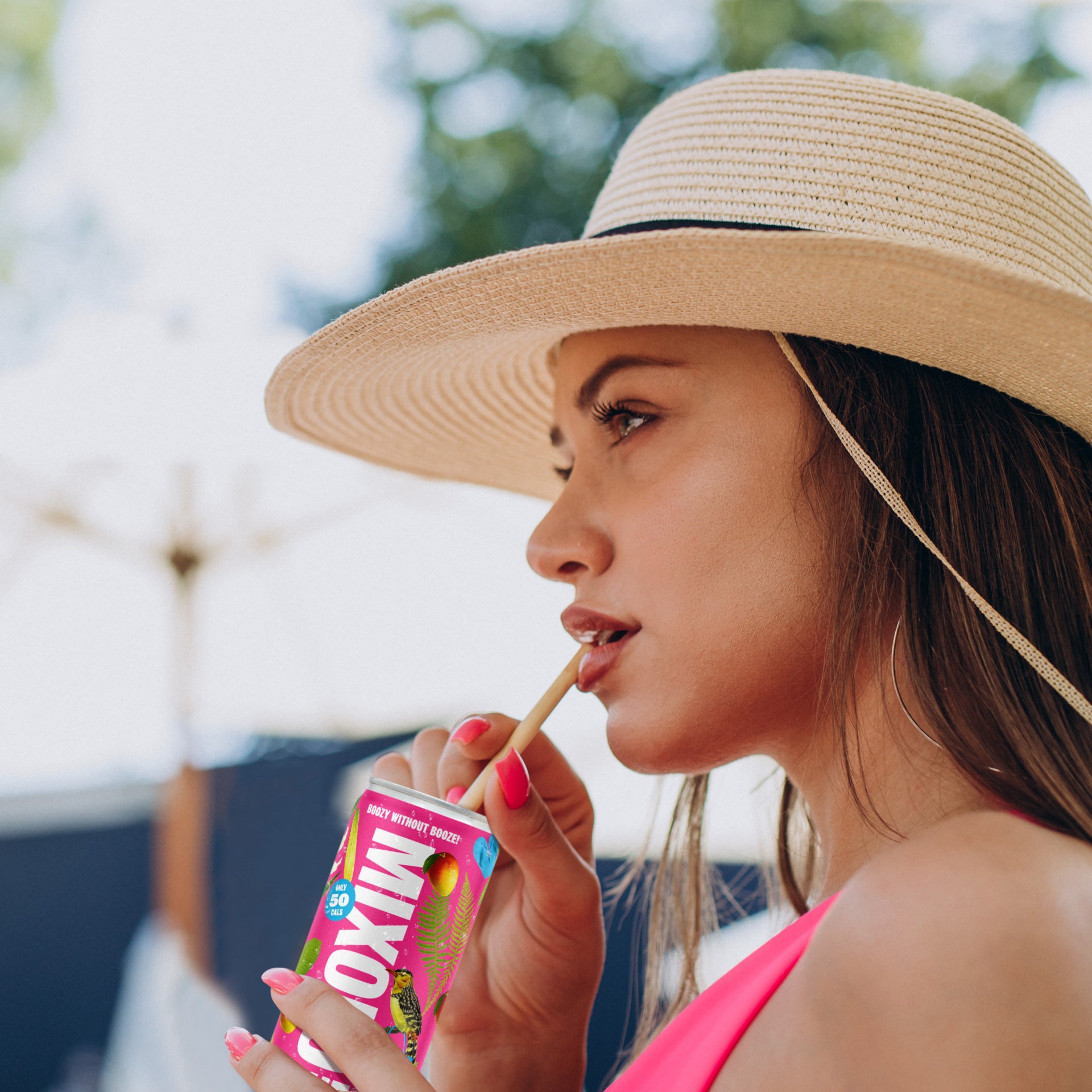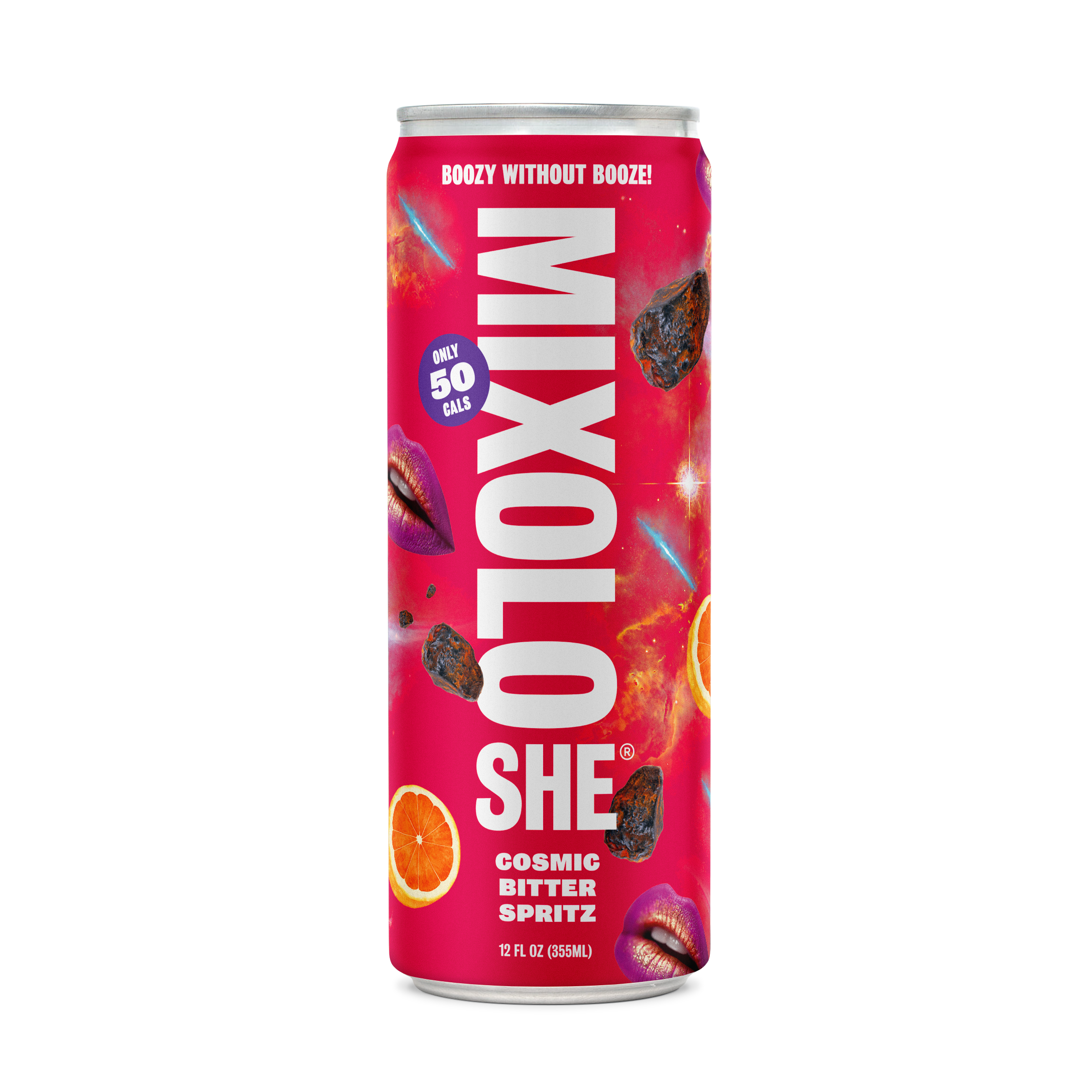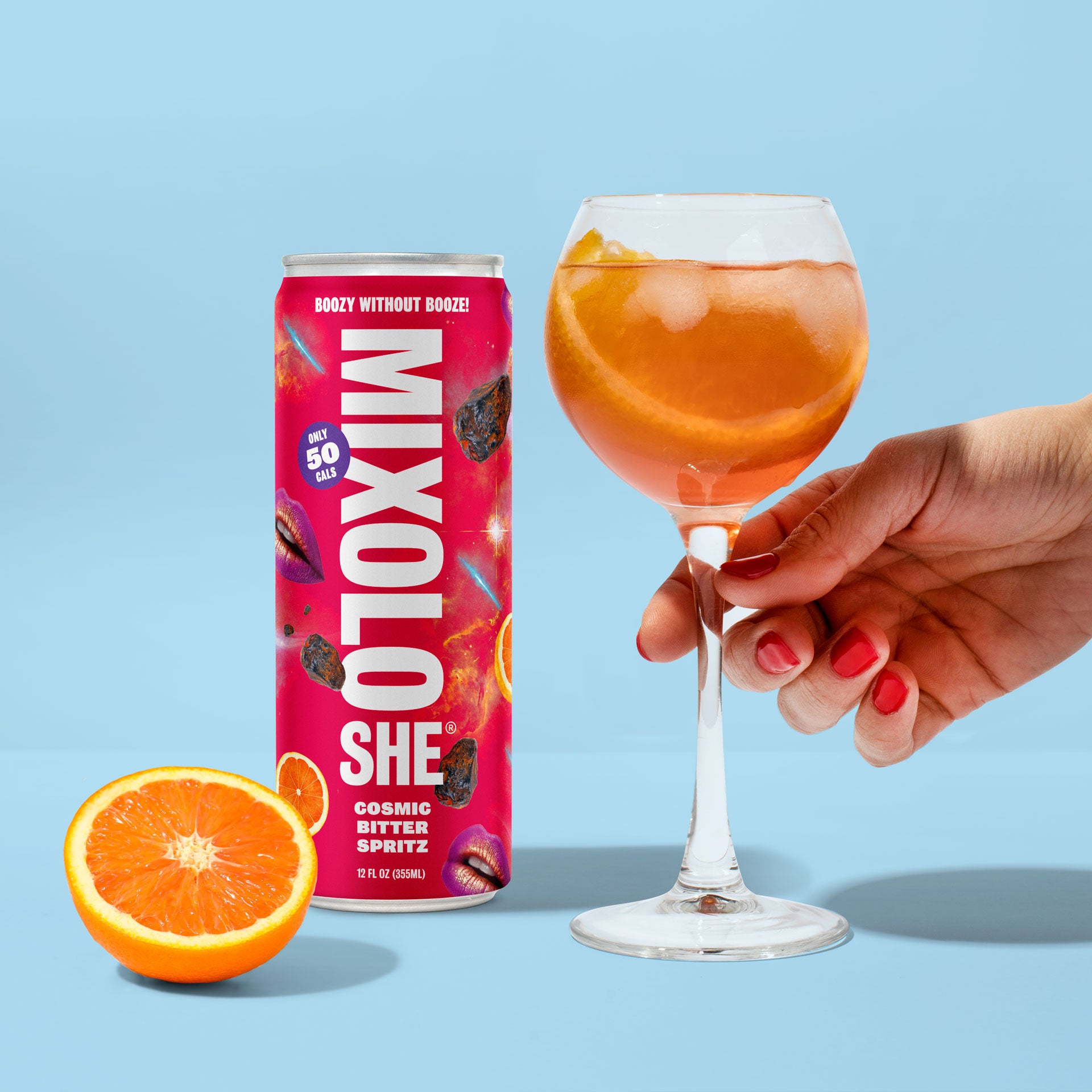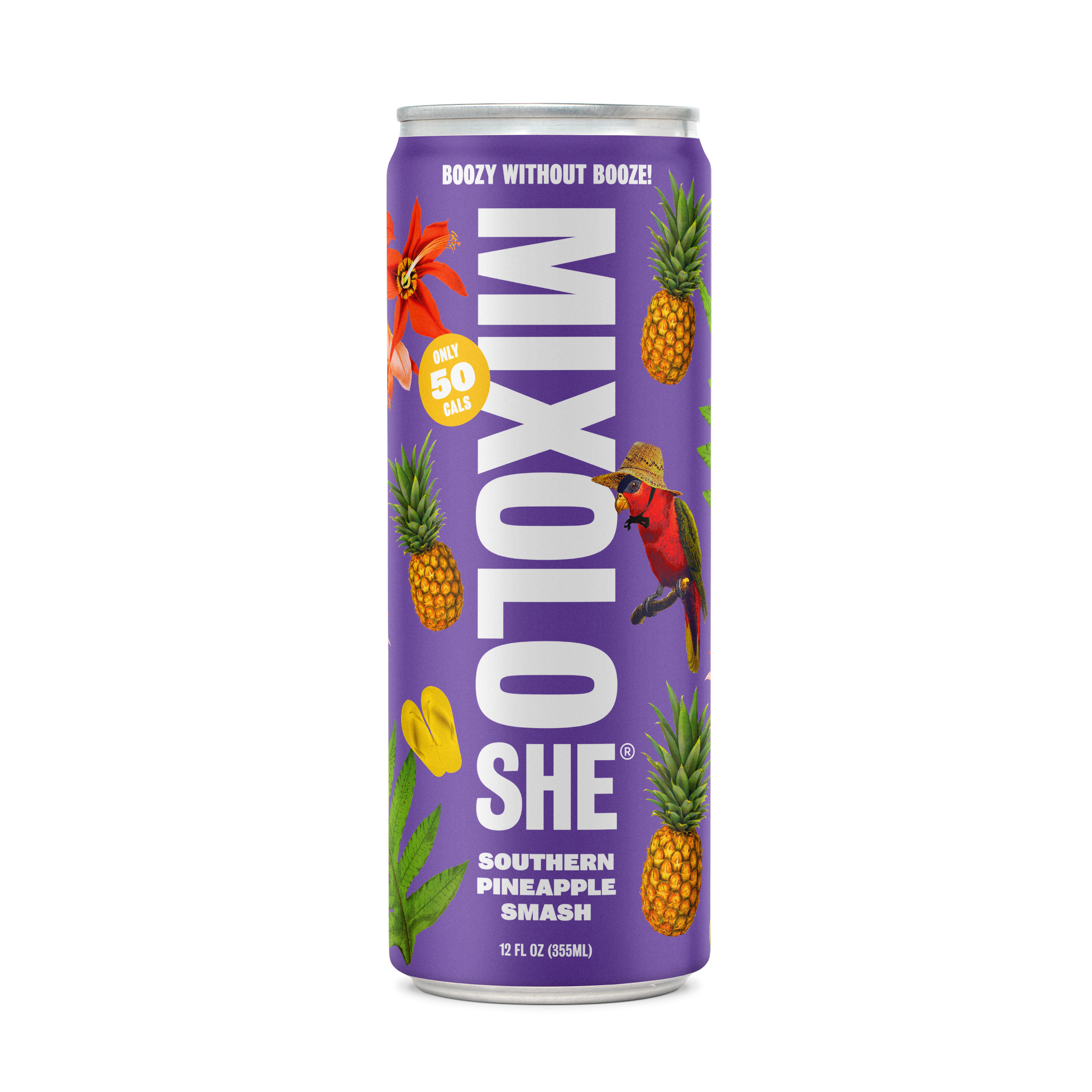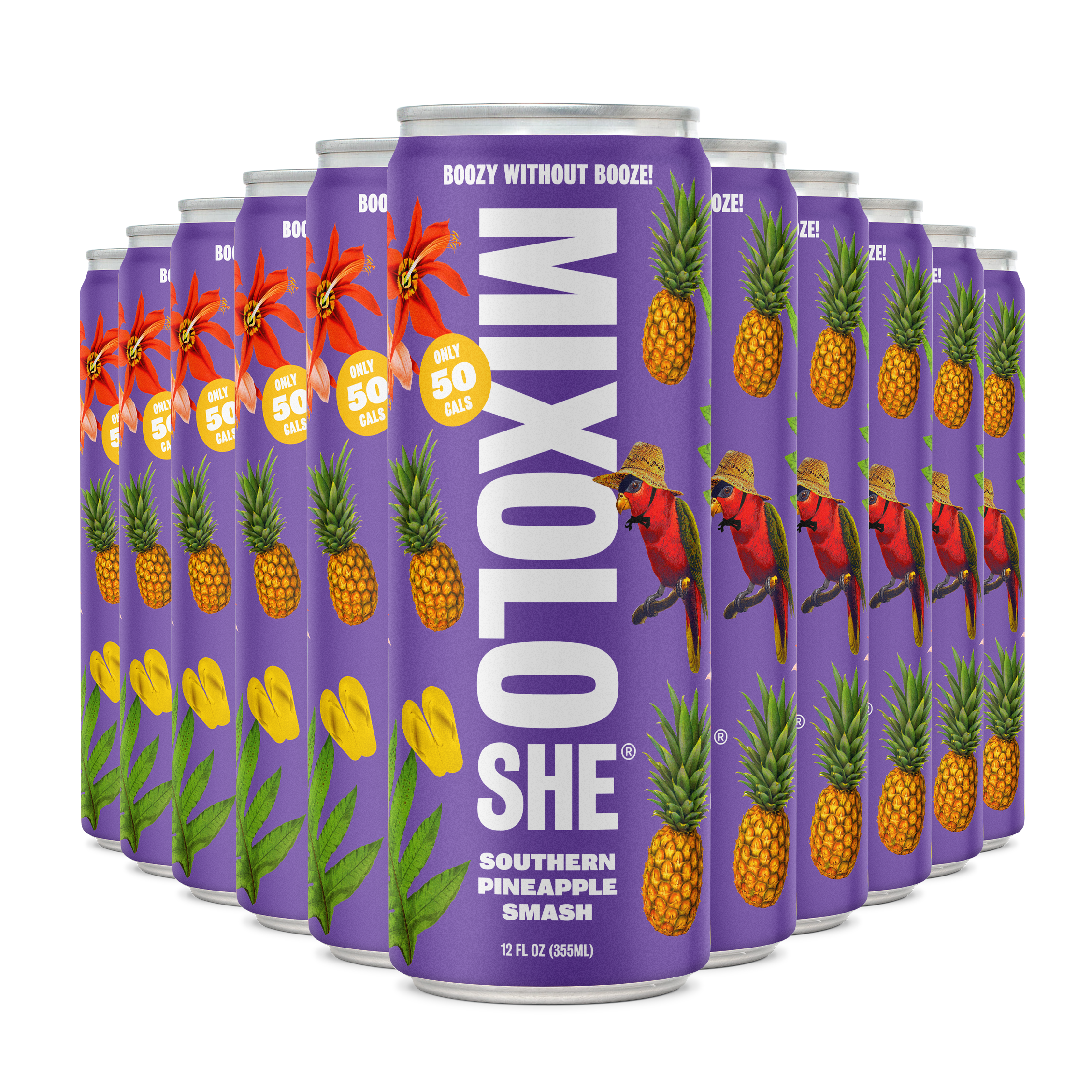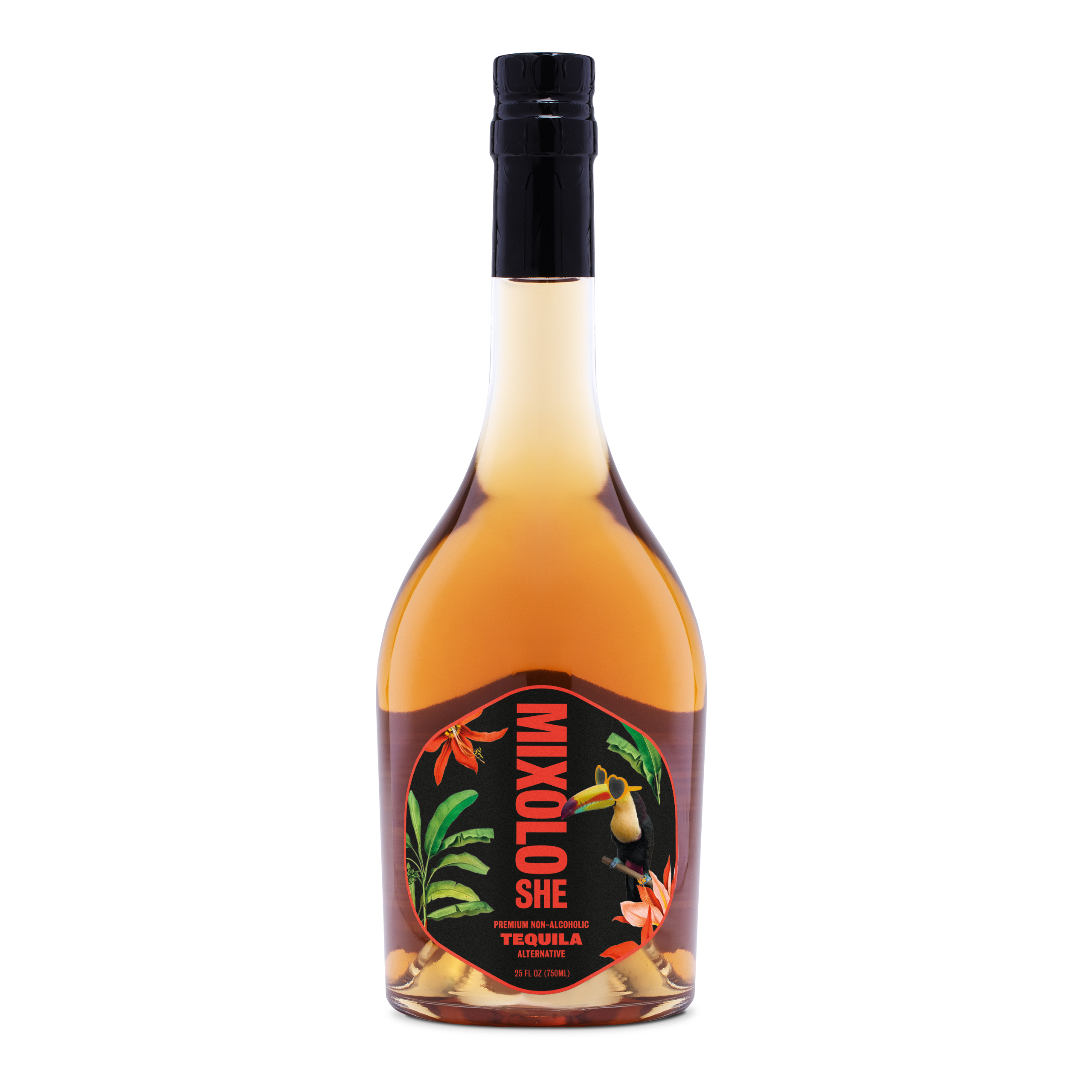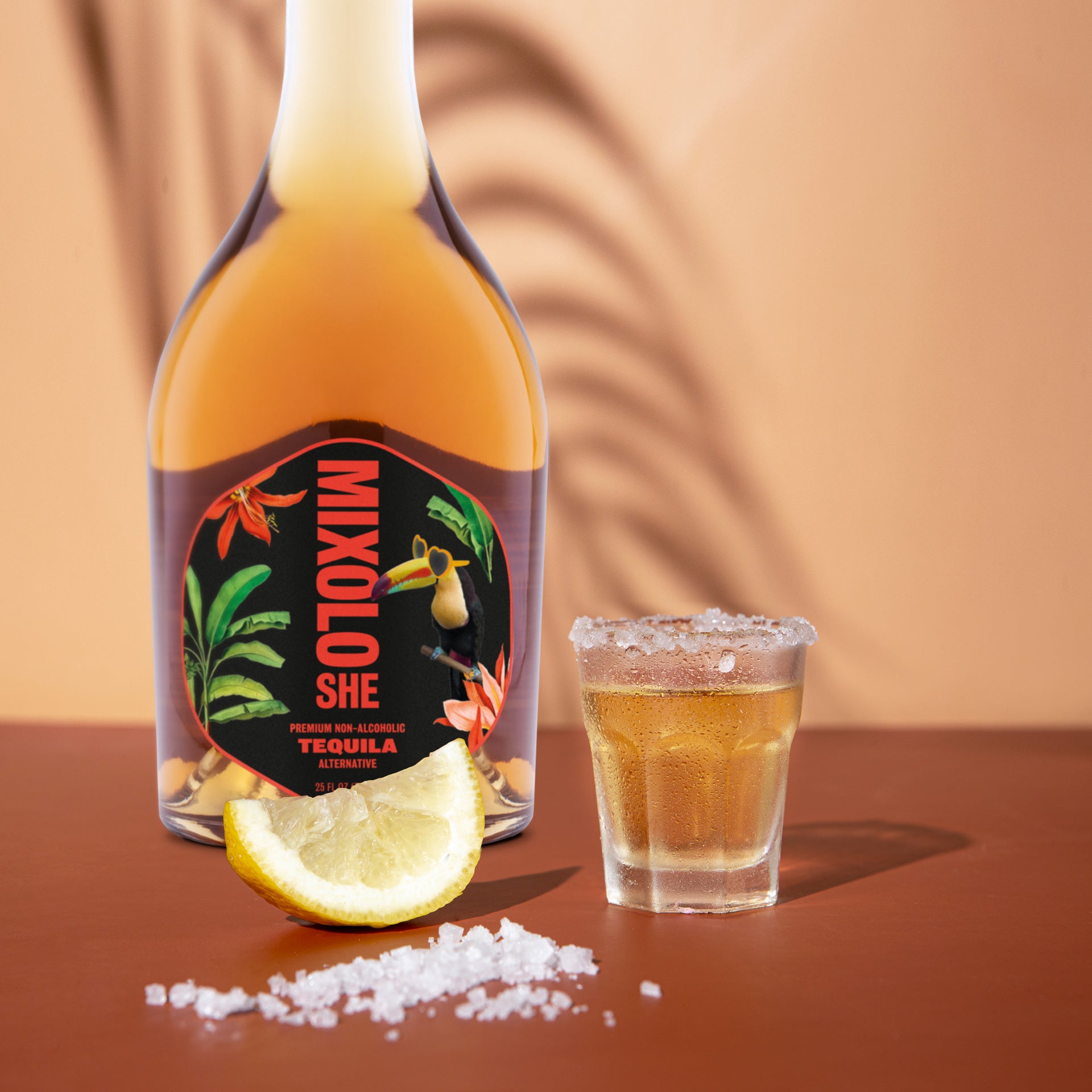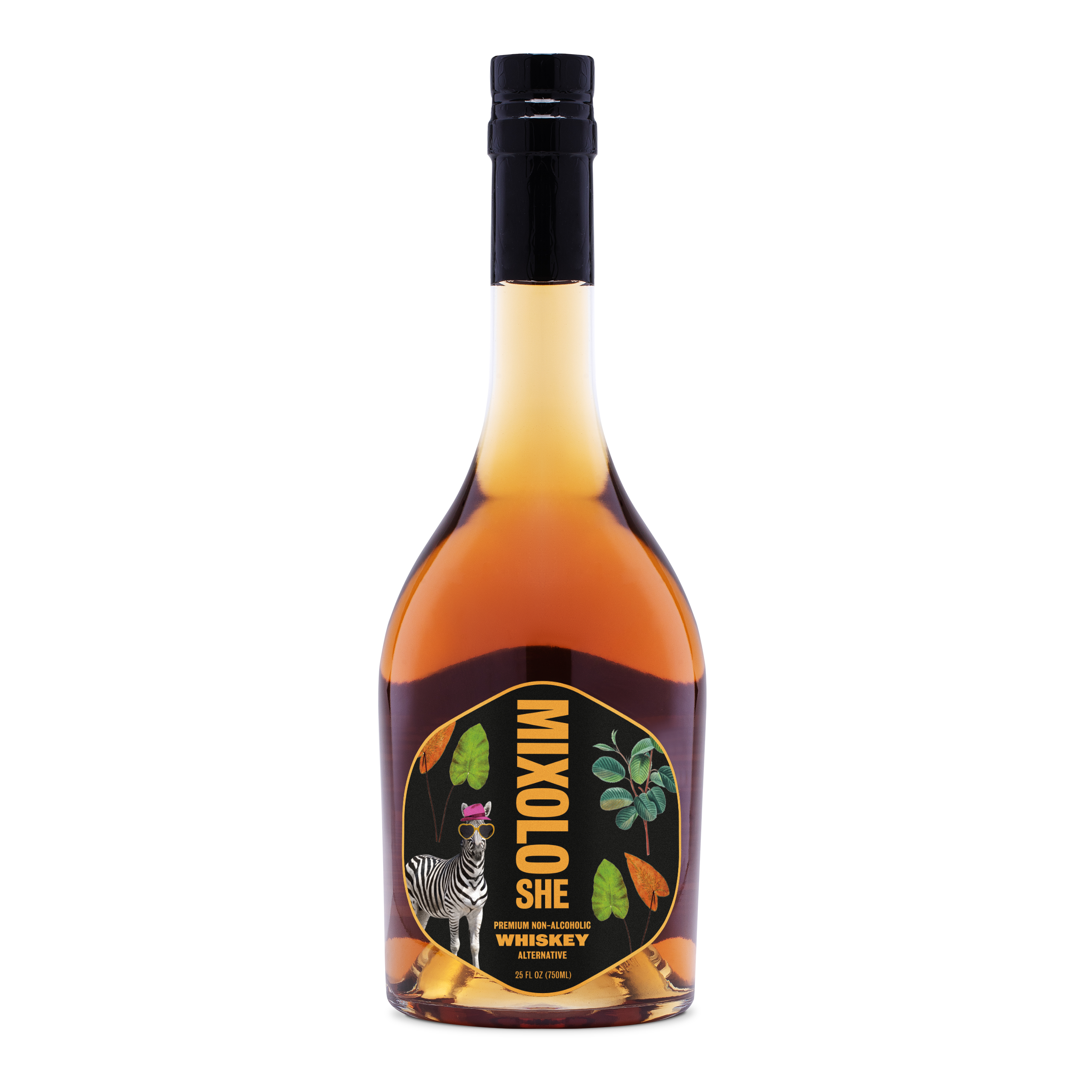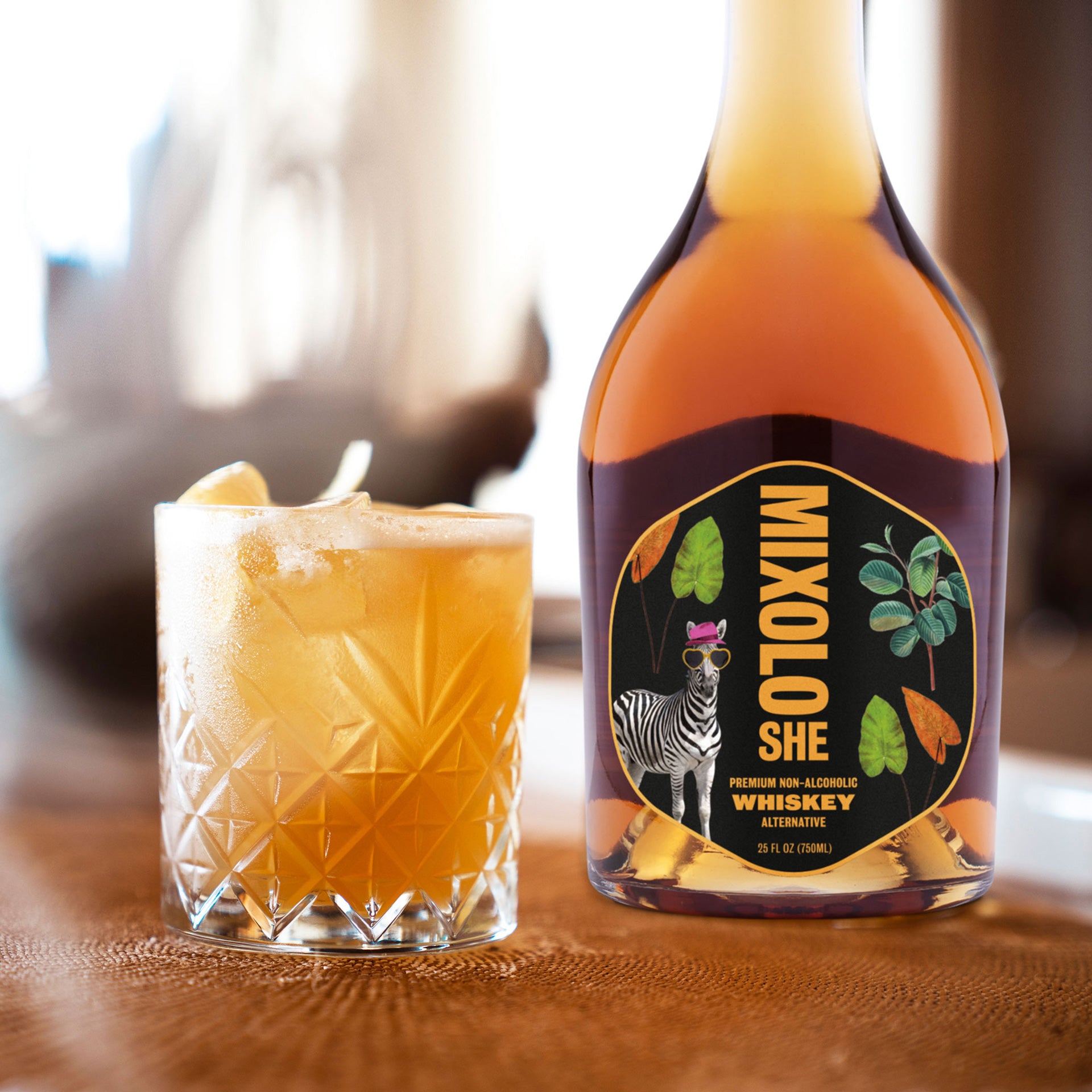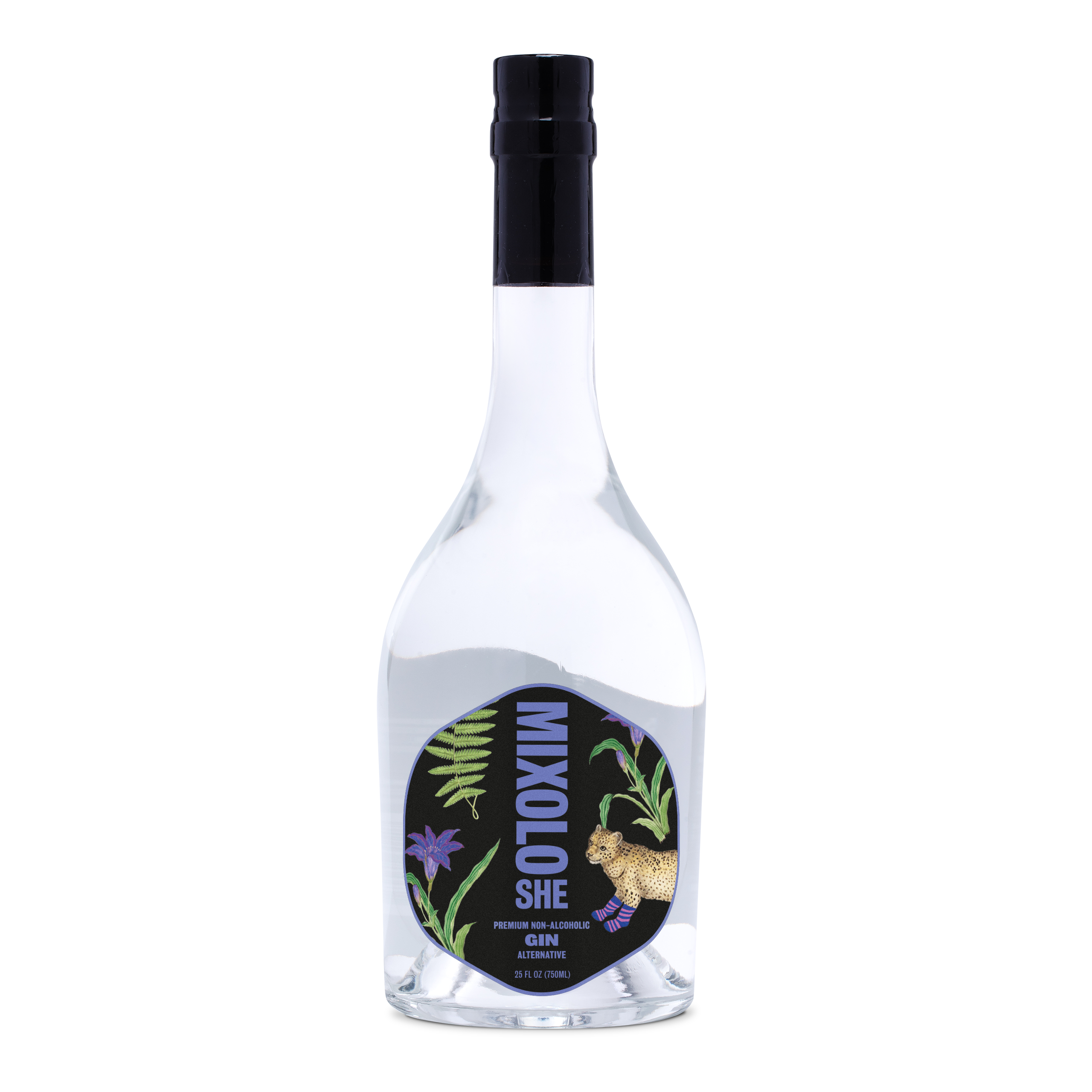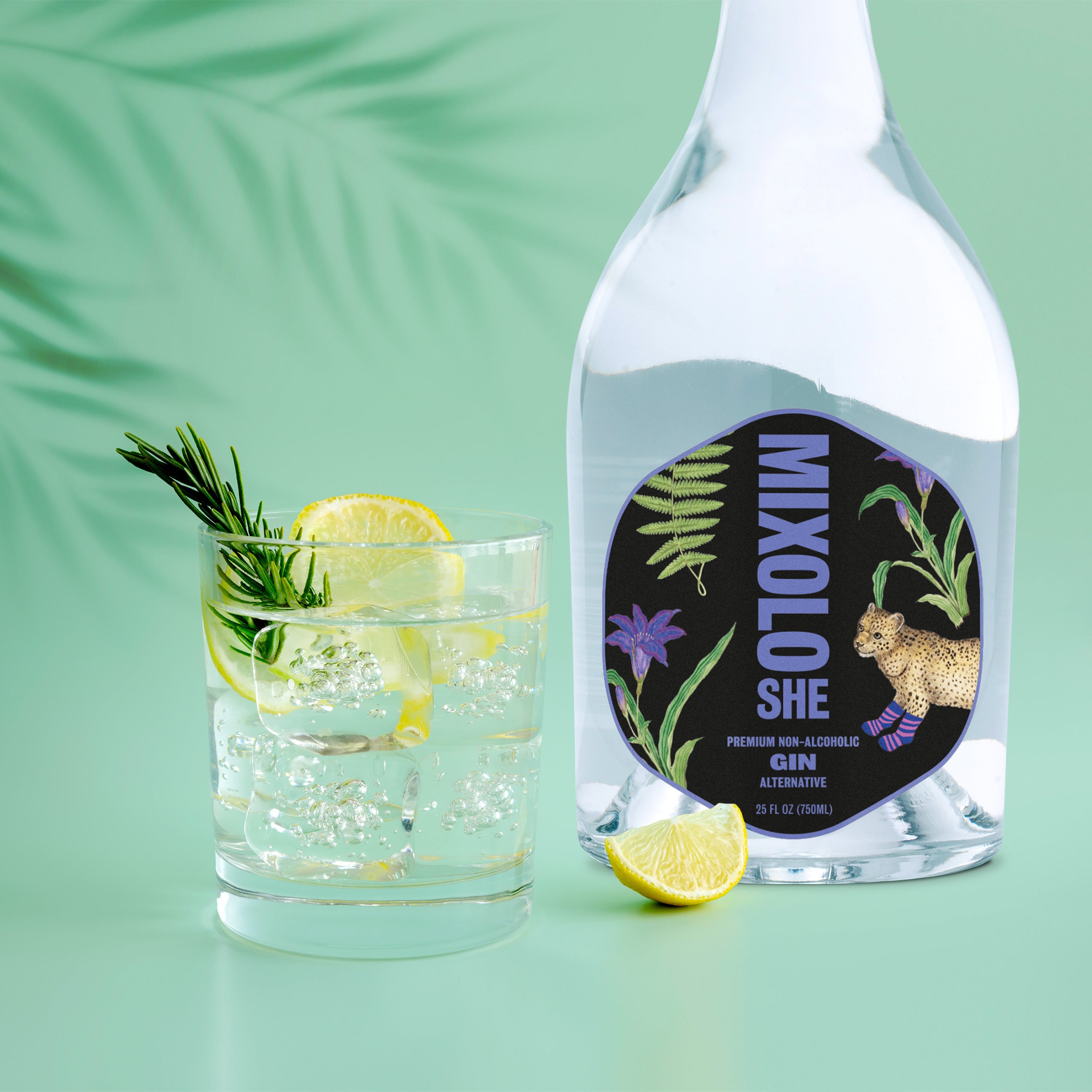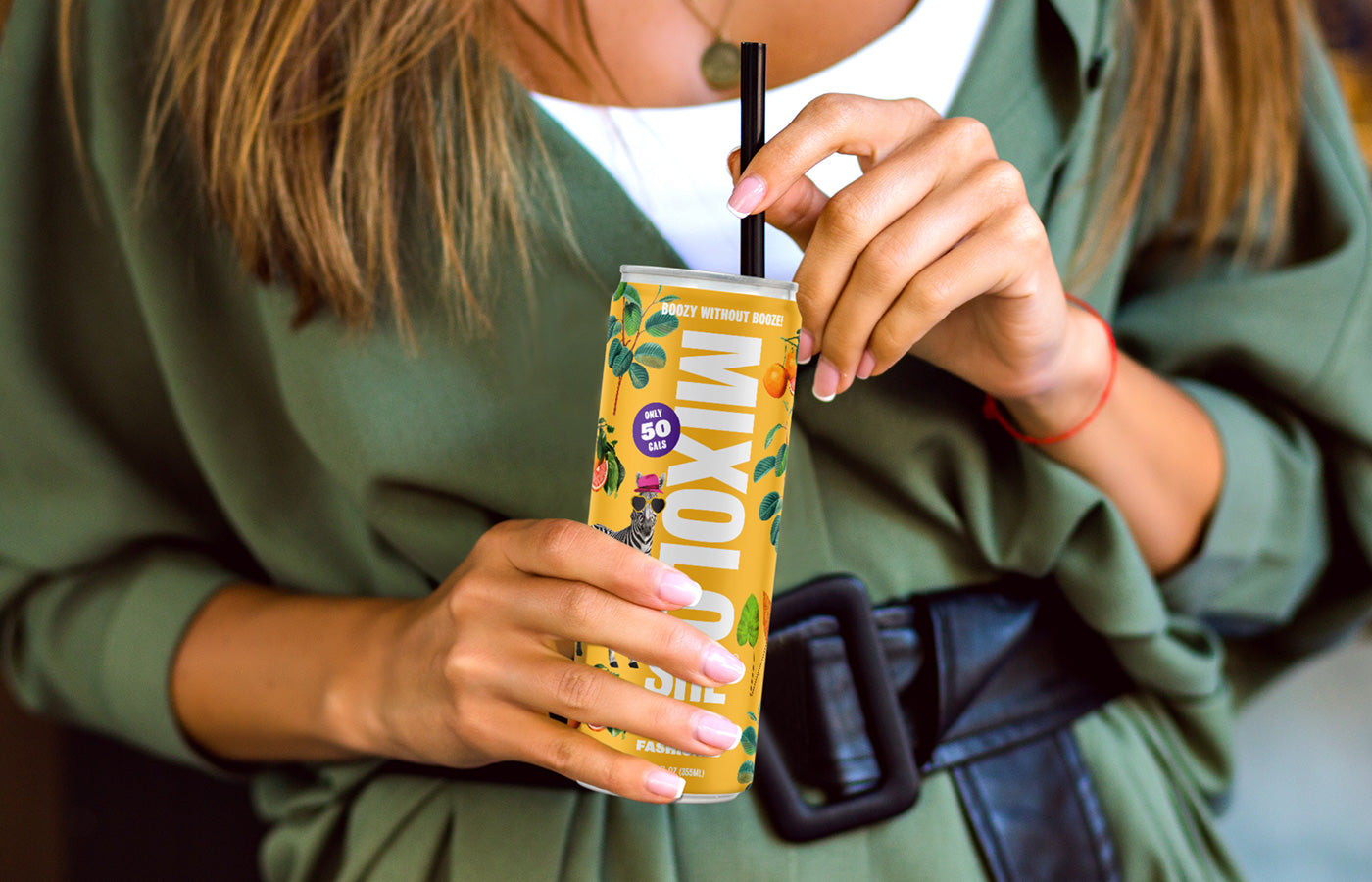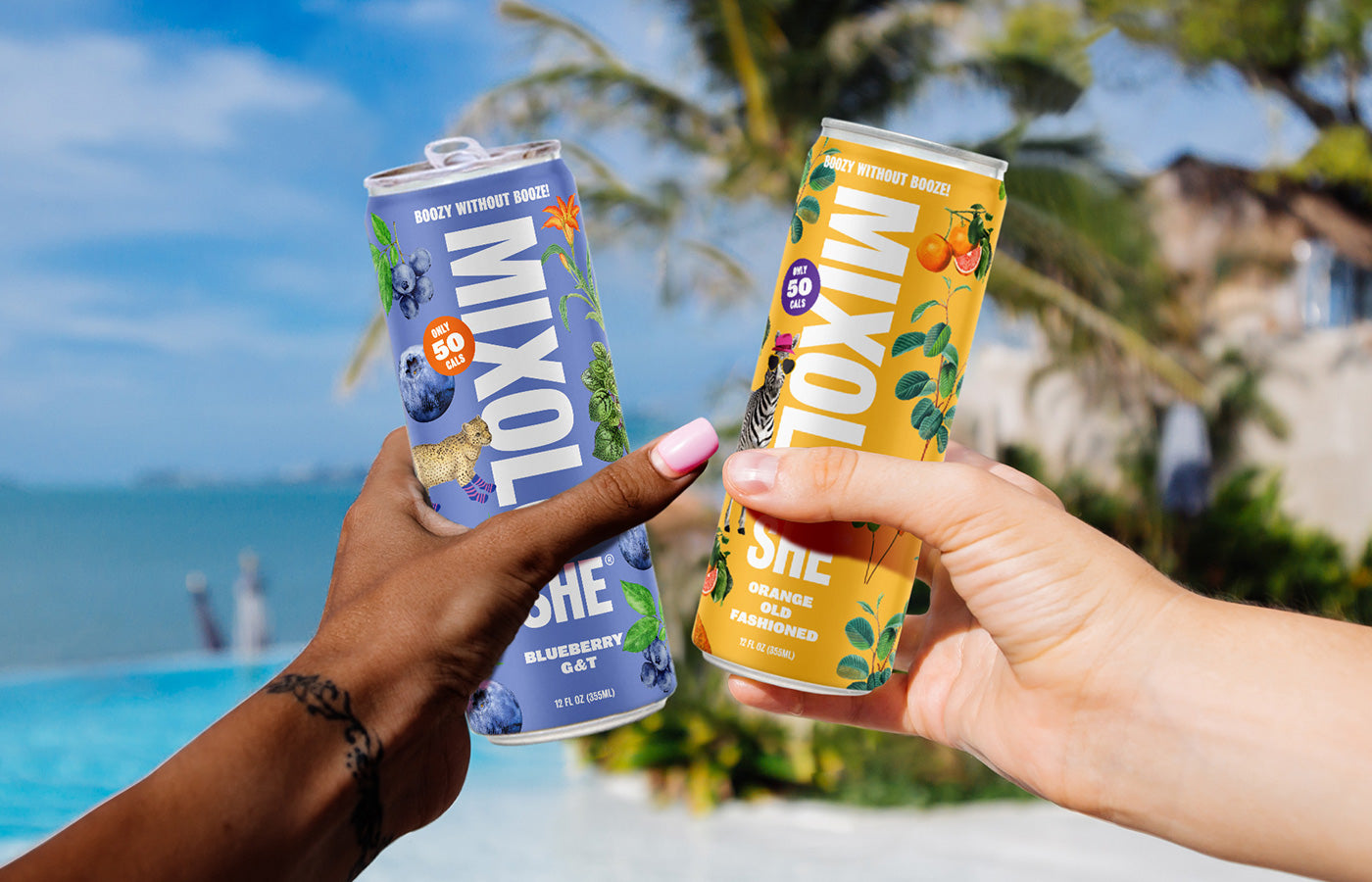The Health Benefits of Non-Alcoholic Wine and Beverages
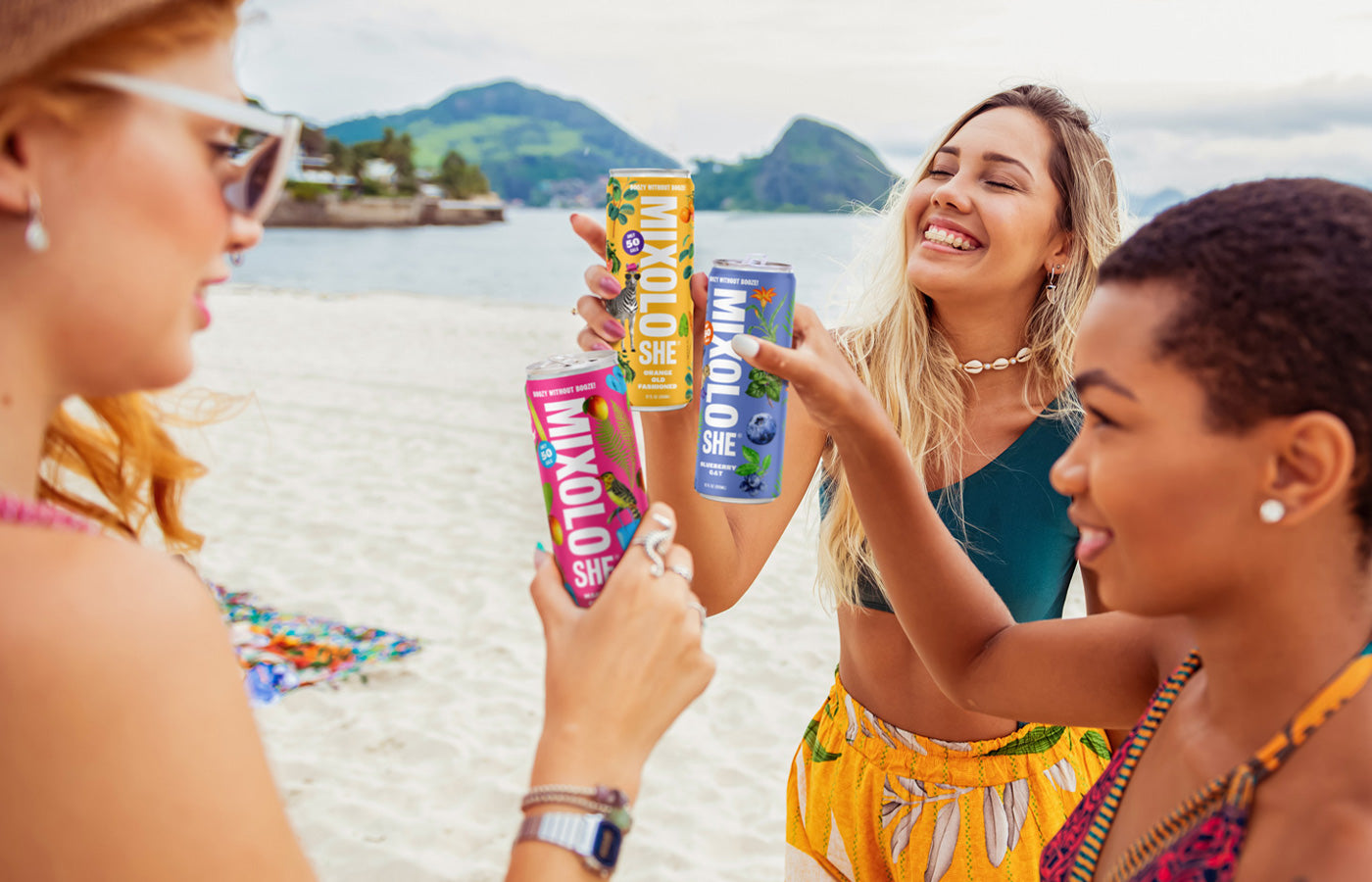
Cutting down on booze can improve your mood, boost sleep quality, and help slim your waistline. So, it's no surprise that one topic has been trending through all social circles: the undeniable health advantages of non-alcoholic wine and the myriad benefits of alcohol-free drinks. Here, we’re bringing you our take on the impact of non-alcoholic wine on your health - you're about to get the full pour.
Understanding Non-Alcoholic Beverages
In a world of beverages where the fun and flavor are maxed out, and the alcohol is nearly or completely absent, the options aren't just watered-down versions of your favorite drinks. They are full of character, some even crafted to deliver the same taste experience as their alcoholic counterparts, but without the side effects.
What Qualifies as a Non-Alcoholic Beverage?
In the U.S., the FDA clearly defines what “non-alcoholic” means – and it might not be what you think. Many ready-to-drink beverages contain less than 0.5% ABV – and this is what the “non-alcoholic” label means. These ABV levels may come from natural fermentation, de-alcoholization, or, as in the case of the delicious Mixoloshe non-alcoholic cocktails, traces of natural citrus and vanilla aromas that need minuscule amounts of alcohol to fully unfold. It’s an amount of alcohol considered non-intoxicating and non-hazardous. Only if you have special reasons to avoid even the slightest trace of booze – for instance, pregnancy or recovery from alcohol dependency – should you consider drinks alternatives with no detectable alcohol at all. These are typically labeled as “alcohol-free,” “zero-proof,” or “0.0%.”
Health Advantages of Non-Alcoholic Wine
Recent research has clearly debunked the myth that it is the moderate amount of alcohol in wine that helps ward off heart problems. While there is an undeniable beneficial relationship between heart disease and both red and white wine, there are still other serious risks that come with alcohol such as other cardiovascular diseases and cancer. Studies have shown that non-alcoholic wine reduces the risk of heart disease in the same way, without the harmful side-effects of its boozy brethren. [Link]
We all kind of knew it, but now it’s official: It’s in the grapes, stupid! The only health benefit in alcoholic wine comes from the grapes used in its production and it doesn’t disappear in de-alcoholisation.
Nutritional Value in Non-Alcoholic Wine
Non-alcoholic wine isn't just a buzz-free option; it comes with a load of health benefits. This wine has all the heart-friendly antioxidants that tackle free radicals (resveratrol, flavonoids, and tannins), safeguarding your body against various diseases, including certain types of cancers. The wine’s polyphenols contribute to your cardiovascular health and blood pressure management.
It's also a champion for your mental well-being: you can enjoy the social perks of wine without “hangxiety” – you know what we’re talking about: the fear of having one’s drunken exploits plastered across TikTok and Snapchat.
If you're watching your waistline, non-alcoholic wine is a dream. It's generally lower in calories than its alcoholic counterpart, making it a smart pick for weight management. Make sure to check the nutritional label though: some winemakers add sugar to their non-alcoholic products to adjust the taste. You might prefer a wine with no added sugars, focusing on health and calorie content. This is not a zero-sum game. You can even find wines made by more sophisticated methods that extract alcohol while better preserving the original flavors of the wine, a wine that has no need for additional sugar kicks.
Broader Health Benefits of Non-Alcoholic Drinks
Beyond non-alcoholic wine, there’s a broad impact of non-alcoholic drinks on a healthy lifestyle. Studies show that going sober can potentially improve sleep, increase energy, aid weight loss, and cut the risk of many serious diseases.
In theory, drinking just pure water can do all that for you. [Link] We don’t live in theories, though, and there’s a risk of drowning our good intentions in the sea of watery sameness. Everyone brings along some baggage from their life journey, past experiences of more complex tastes, and perceived social obligations. The key is finding non-alcoholic drinks that tickle our taste buds in all the right ways, without outweighing the benefits of alcohol abstinence by adding potentially harmful stuff to our lifestyle.
Reduced Calorie Intake and Digestive Health
One of the standout benefits of non-alcoholic drinks is their typically lower calorie count compared to alcoholic beverages. Alcoholic drinks get a great portion of their calories from ethanol, with each gram of alcohol equaling about 7 calories. In replacing alcohol with flavorful non-alcoholic beverages, you drastically reduce your calorie count without sacrificing the pleasure of a good drink.
These beverages are often gentler on the digestive system, offering a soothing alternative for those with sensitive stomachs or looking to avoid alcohol-induced digestive issues. Alcohol can be an irritant to the gastrointestinal tract, causing discomfort, acid reflux, or other digestive problems. Non-alcoholic beverages are a more stomach-friendly option, making them a great choice for those who often experience digestive discomfort.
Hydration and Refreshment
Unlike alcoholic drinks, non-alcoholic options can positively contribute to hydration, as they do not have the diuretic effect of alcohol, which can lead to dehydration and further digestive issues. By choosing non-alcoholic options like non-alcoholic beers and infused waters, you can enjoy a flavorful drink without the risk of dehydration. Hydration supports many functions of your body, including temperature regulation, joint lubrication, and nutrient transport, not to mention brain performance and physical stamina.
Choices like non-alcoholic beers, mocktails, and infused waters bring you refreshing hydration, much needed in warm climates or after a workout. You’ll always find them a good choice in various situations: during meals, social gatherings, or when you need to stay hydrated but still want to enjoy a drink with full flavor.
Mental Health and Mood Stability
Switching to non-alcoholic beverages can have a blissful effect on mental wellbeing. Alcohol's mood-altering properties often lead to weird emotional experiences, to put it mildly. Yes, you may feel relaxed, less anxious, and more confident after a drink, but these effects quickly wear off. The chemical changes in your brain can soon lead to unwelcome feelings, such as anger, depression, or anxiety, regardless of your mood. [Link]
Non-alcoholic alternatives give you more stable mood patterns. And who wouldn’t prefer a consistent mental state to an emotional rollercoaster? By sidelining alcohol, you're making a choice that's good for your physical health but also one that gives you a clearer, more balanced state of mind. Just enjoy your drink, maintaining a positive mental outlook at the same time.
Navigating Sugar and Caffeine Content
When choosing non-alcoholic drinks, being mindful of their sugar and caffeine content pays off. Some beverages may enhance flavor with natural or artificial sweeteners, but there are big differences in the amount of sugars they use for this. Take, as an example, a can of classic Coke soda with its 39 grams of sugar, compare it with Mixoloshe non-alcoholic cocktails at 9 grams per can and consider their potential impact on your sugar intake. Just saying.
Finally, if you're someone who's sensitive to caffeine, make sure your chill evening doesn’t turn into a wide-eyed, ceiling-staring marathon. Caffeine, while great for a morning jolt, can be potentially harmful for those with sensitivities or specific medical conditions like anxiety or heart arrhythmias. For expectant mothers and children, caffeine is a guest best kept at the door altogether. Remember: it's not only about avoiding coffee or energy drinks; some non-alcoholic beers, sodas, and even certain flavored waters can hide caffeine in their ingredients. So, scan those labels and make wise choices.
Impact on Lifestyle and Wellness
Bringing non-alcoholic beverages into your diet is a journey towards a more balanced and joyful lifestyle, but don’t just pick any non-alcoholic drink off the shelf. Be savvy about what's in your glass. Remember the golden rule: moderation and informed selection. Just like choosing the perfect outfit, picking the right drink is about balance and knowing what works for you. By being mindful of ingredients and nutritional content, you're nurturing your well-being. Every sip counts towards a happier, healthier you!
FAQ:
- Q: What are the main health benefits of non-alcoholic wine and beverages?
- A: Non-alcoholic beverages can offer various health benefits like reduced calorie intake, lower risk of heart disease, and absence of the negative effects of alcohol on the body and mind.
- Q: Can non-alcoholic beverages help in reducing the risk of certain diseases?
- A: Yes, they can potentially reduce the risk of liver disease, certain cancers, and heart conditions that are often associated with high alcohol consumption.
- Q: How do non-alcoholic drinks compare nutritionally to their alcoholic counterparts?
- A: Non-alcoholic drinks usually have fewer calories and less sugar, making them a healthier choice. They also lack alcohol, which is a toxin to the body.
